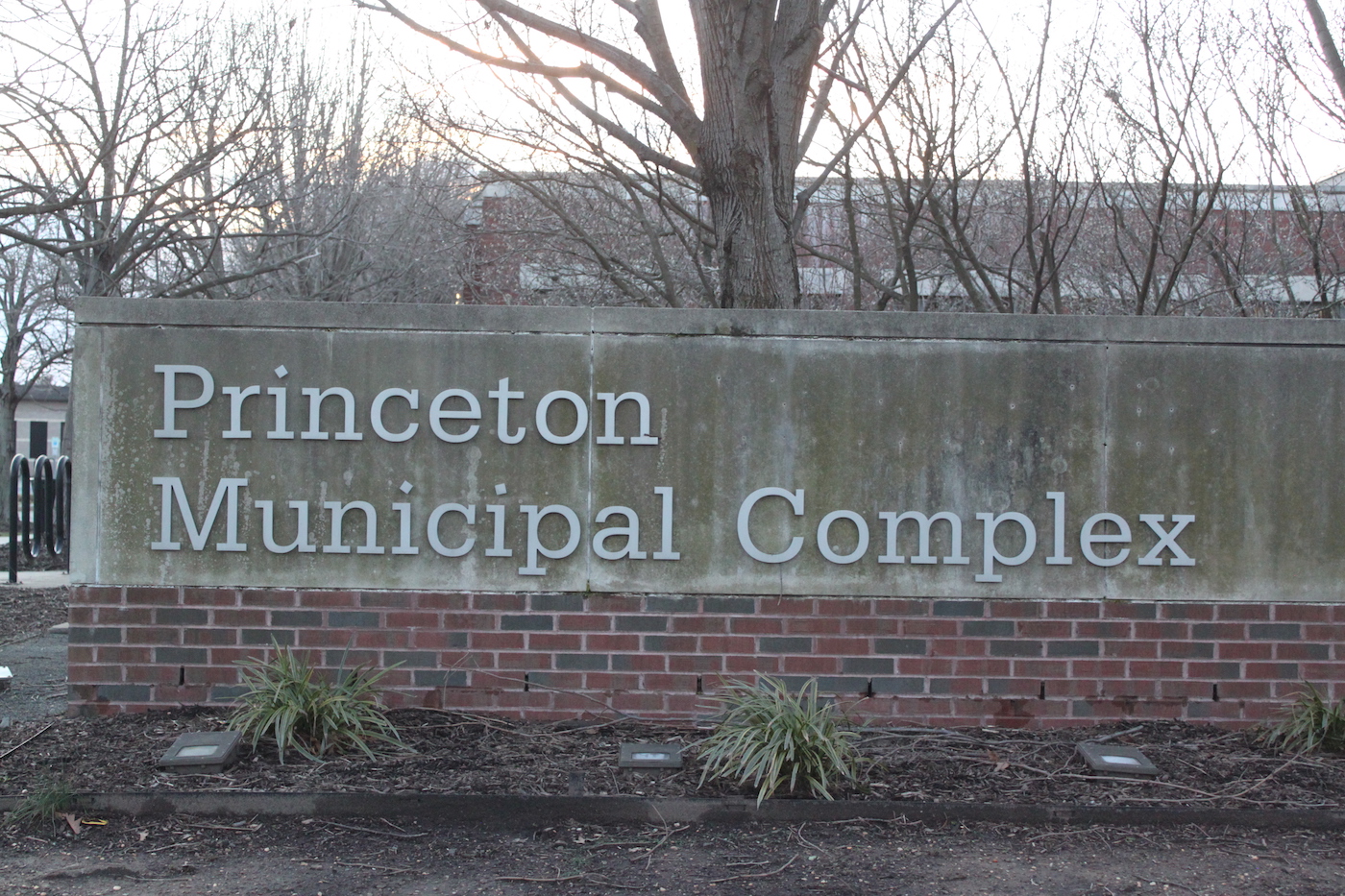The Princeton Planning Board has given the green light for a 125-unit rental apartment building on the corner of North Harrison Street and Terhune Road, overlooking the Princeton Shopping Center.
The Planning Board approved Terhune Development Urban Renewal LLC’s application for preliminary and final site plan approval, following a special meeting May 3. The marathon meeting lasted nearly five hours.
The four-story apartment building will contain a mix of market rate and affordable housing units. Of the 125 apartments, 25 will be set aside for affordable housing. Those units will help the town to meet its obligation to provide its fair share of affordable housing for low- and moderate-income households.
Of the 125 apartments, 62 will be one-bedroom apartments, including five that will be set aside for low- and moderate-income households. There will be 57 two-bedroom apartments, of which 15 will be earmarked as affordable units, and six three-bedroom apartments. Five of those apartments will be set aside for affordable housing.
The rents for the affordable housing units would be based on a formula that considers the prospective tenant’s income, but the rental range for the market units has not been set.
“It would be fair to say the rent would be consistent with our direct market competition in the area – the Avalon properties and the shopping center,” said David Ginsberg, senior vice president of WinnDevelopment, which is the parent of Terhune Development Urban Renewal LLC.
AvalonBay Communities Inc. is developing 193 rental apartments and 28 townhouses on Thanet Road, off Terhune Road, as well as 200 rental apartments in the parking lot adjacent to the Walgreens drug store at the Princeton Shopping Center. Both developments include market rate and affordable housing units.
The monthly rent at the AvalonBay Communities Inc. apartment development on Witherspoon Street, known as AvalonPrinceton, starts at $3,065 for a one-bedroom apartment and $4,105 for a two-bedroom apartment. A three-bedroom apartment begins at $5,570, according to www.avaloncommunities.com.
The entrance to the development will be on a connector road off Terhune Road on the east border of the property. A secondary entrance – a right-turn in and a right-turn out driveway – will be built on North Harrison Street.
Terhune Development Urban Renewal LLC is building a portion of the connector road. The remainder will be built in the future by the developer of the neighboring property at 375 Terhune Road.
There will be parking for 163 cars in the parking lot, plus 11 spaces along Terhune Road, said project engineer Mark Cifelli. Eight of the parking spaces are designated for car-sharing for tenants who do not own cars.
The plan calls for installing 15 electric vehicle (EV) charging stations. The parking lot is being designed to add more EV charging stations over time, bringing the total to 27 EV charging stations.
There will be indoor and outdoor bicycle parking spaces spread out around the development, including 15 spaces for electric bicycles. Bike lanes will be built on North Harrison Street and Terhune Road.
Amenities include a playground, several patios, a dog park near Grover Park, a pet spa, an art gallery with rotating exhibits, a library, event space, a fitness center and a rooftop deck. Each apartment will have electric laundry equipment.
Architect Jesper Ryberg said the building would be wood-frame construction. There would be sprinklers to extinguish a fire, and two masonry firewalls – one in the west wing and one in the east wing – to prevent fires from spreading.
Christina McPike, WinnDevelopment’s director of energy and efficiency, said the apartments would be heated and cooled by high efficiency heat pumps. Lighting would be LED. Steps will be taken to educate residents about sustainability, she said.
Planning Board member Zenon Tech-Czarney praised the applicant for its sustainability efforts, but questioned why the water heaters are not electric and why gas stoves will be used, instead of the induction stoves suggested by the Princeton Environmental Commission in its review of the application.
McPike said WinnDevelopment pays to heat the water and there are not many commercial-scale water heaters available. Gas stoves were chosen over induction stoves for practical reasons, she said.
“Induction stoves are very new to the market and somewhat difficult to introduce to the renter market. There are limited options in the marketplace, making it difficult to repair, replace or maintain them,” McPike said. The stoves also require special cookware.
When the meeting was opened for public comment, several attendees spoke in favor of the proposed development. It will help the town to meet its affordable housing obligation, and its location next to the Princeton Shopping Center – one of the hubs of the town – is good, they said.
“I am committed to affordable housing. The community benefits from a diverse population and to have 25 affordable units to help Princeton meet its obligation is very meaningful,” said resident Lesley Wishnick.

